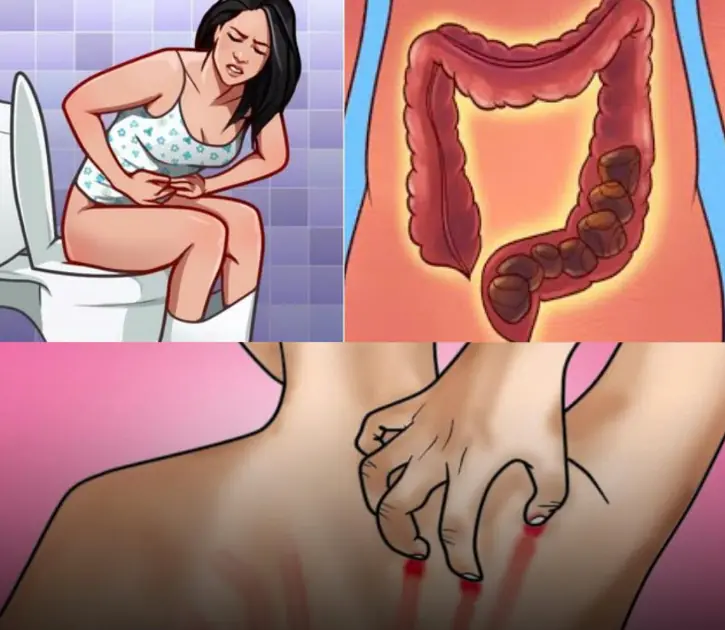
10 signs that you have kidney disease without knowing it
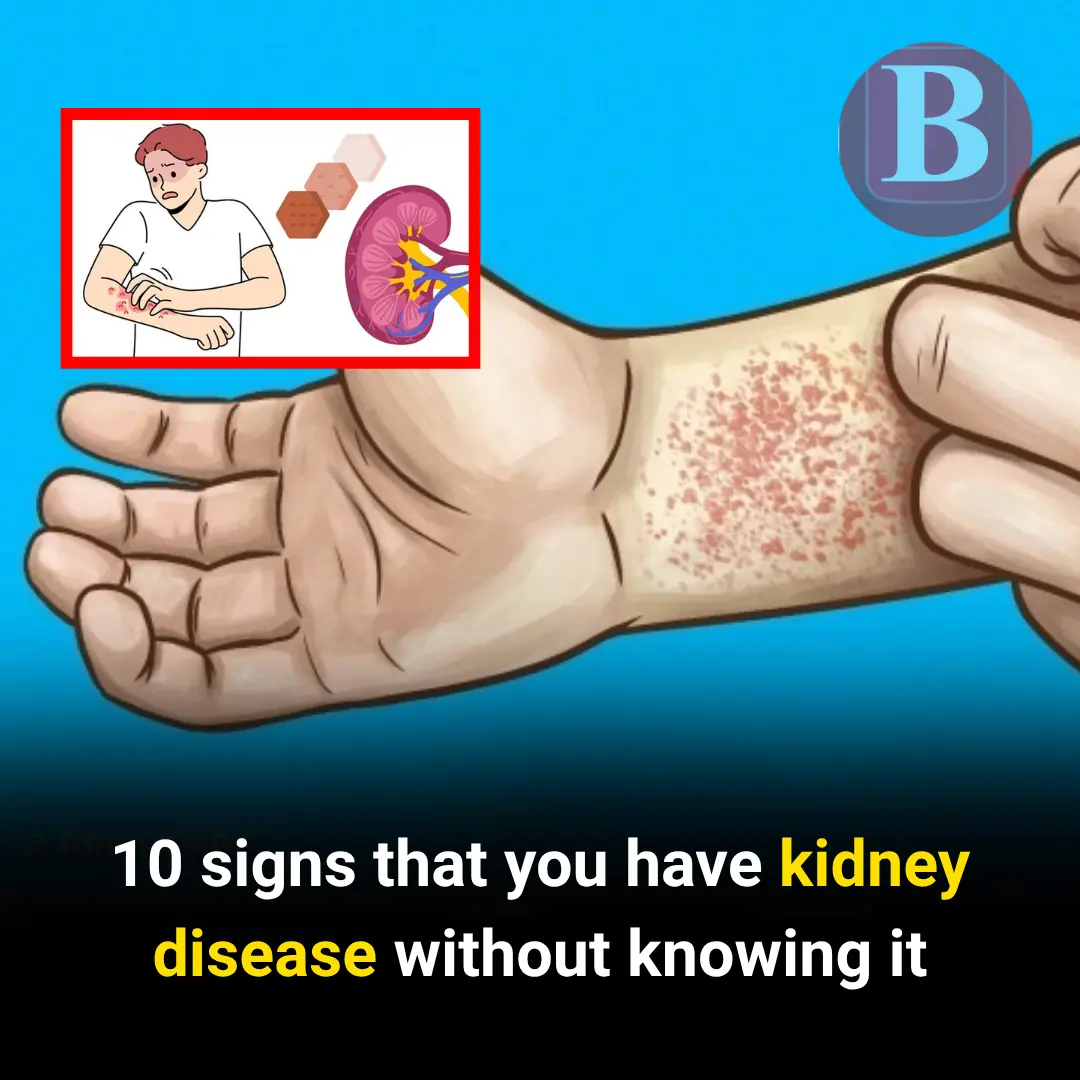
There are many common but easily overlooked symptoms. Below are the most frequently ignored signs of kidney problems:
1. Difficulty Sleeping
– When the kidneys are not functioning properly, toxins cannot be eliminated and instead accumulate in the blood. This increase in toxins can make it difficult to sleep. This is why poor sleep is linked to a higher risk of kidney dysfunction.
Warning: People with chronic kidney disease often experience sleep apnea—brief pauses in breathing lasting a few seconds to a minute during sleep. After each pause, a loud snort often occurs. Loud snoring can also be a sign that you need a medical checkup.
2. Headaches, Fatigue, and Weakness
– Healthy kidneys convert Vitamin D to support strong bones and produce a hormone called Erythropoietin (EPO), which stimulates red blood cell production. When kidney function declines, EPO decreases, leading to reduced red blood cells (which carry oxygen), causing rapid fatigue.
Warning: Chronic kidney disease patients often develop anemia. Anemia may begin when kidney function drops to 20–50%. If you rest well and sleep enough but still feel constant fatigue, your kidneys may be impaired.
3. Dry and Itchy Skin
– Healthy kidneys remove waste and excess fluid from the blood, help produce red blood cells, and maintain proper mineral balance. Dry and itchy skin is a sign of mineral imbalance and may indicate bone or kidney disease.
Warning: If you have dry and itchy skin, drink more water. Always consult a doctor before using dermatological medications, as some ingredients may harm kidney function.
4. Bad Breath
– When waste builds up in the blood, it can alter the taste of food and cause a metallic-smelling breath. Bad breath is another indication of toxin accumulation. It may also reduce your appetite and make meats unappealing.
Warning: Metallic taste can be caused by allergies or poor oral health. If the condition persists, seek medical advice.

5. Shortness of Breath
– The link between kidney disease and shortness of breath—especially when not exerting yourself—can stem from two reasons: excess fluid circulating into the lungs due to poor kidney function, or anemia reducing oxygen delivery throughout the body.
Warning: Breathlessness has many causes, including kidney failure, asthma, lung cancer, or heart failure. If you frequently run out of breath even during light activity, seek medical attention immediately.
6. Swelling in Ankles, Feet, and Hands
– Poor kidney function prevents the removal of toxins and leads to sodium retention, causing swelling in the ankles, feet, and hands. Lower-body swelling may also signal heart disease, liver disease, or vein problems.
Warning: Medication or reducing salt intake may help reduce swelling. If swelling does not improve, consult a doctor.
7. Back Pain
– Kidney failure can cause pain in the lower back, just under the rib cage. Pain may also appear in the front of the groin or hip area. Kidney cysts can also cause back and leg pain.
Tip: Kidney-related back pain often comes with sickness, vomiting, fever, and frequent urination. Regular back pain tends to be localized, sudden, and without fever.
8. Puffy Eyes
– An early sign of kidney damage is protein appearing in the urine along with persistent puffiness around the eyes. This indicates that the kidneys are leaking large amounts of protein.
Tip: If you rest well but still have protein in your urine and persistent puffy eyes, get checked by a doctor.
9. High Blood Pressure
– The cardiovascular system and kidneys are closely linked. The kidneys contain tiny nephrons that filter waste and extra fluid from the blood. If blood vessels are damaged, the nephrons cannot receive enough oxygen and nutrients. This is why high blood pressure is the second leading cause of kidney failure.
Tip: Learn to control high blood pressure to prevent kidney disease. Add foods rich in folic acid, which supports red blood cell production and helps prevent anemia.
10. Changes in Urination
– The kidneys produce urine and remove waste through the urinary tract. Do not ignore changes in frequency, smell, color, or appearance of urine. Noticeable changes include:
– Increased need to urinate, especially at night (4–10 times per day is normal).
– Seeing blood in the urine.
– Foamy or bubbly urine.
News in the same category

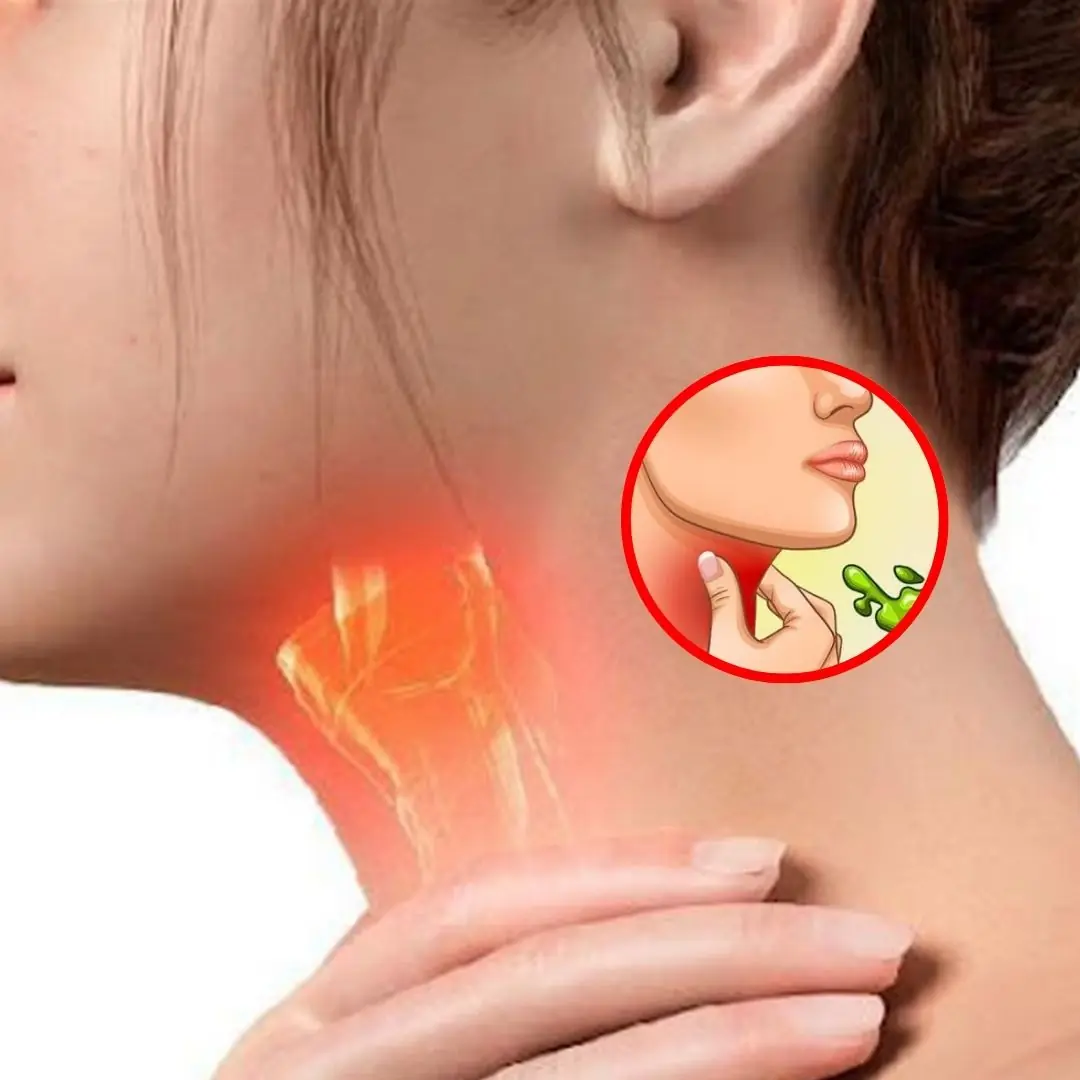
8 Ways To Get Rid Of Phlegm And Mucus In Chest And Throat
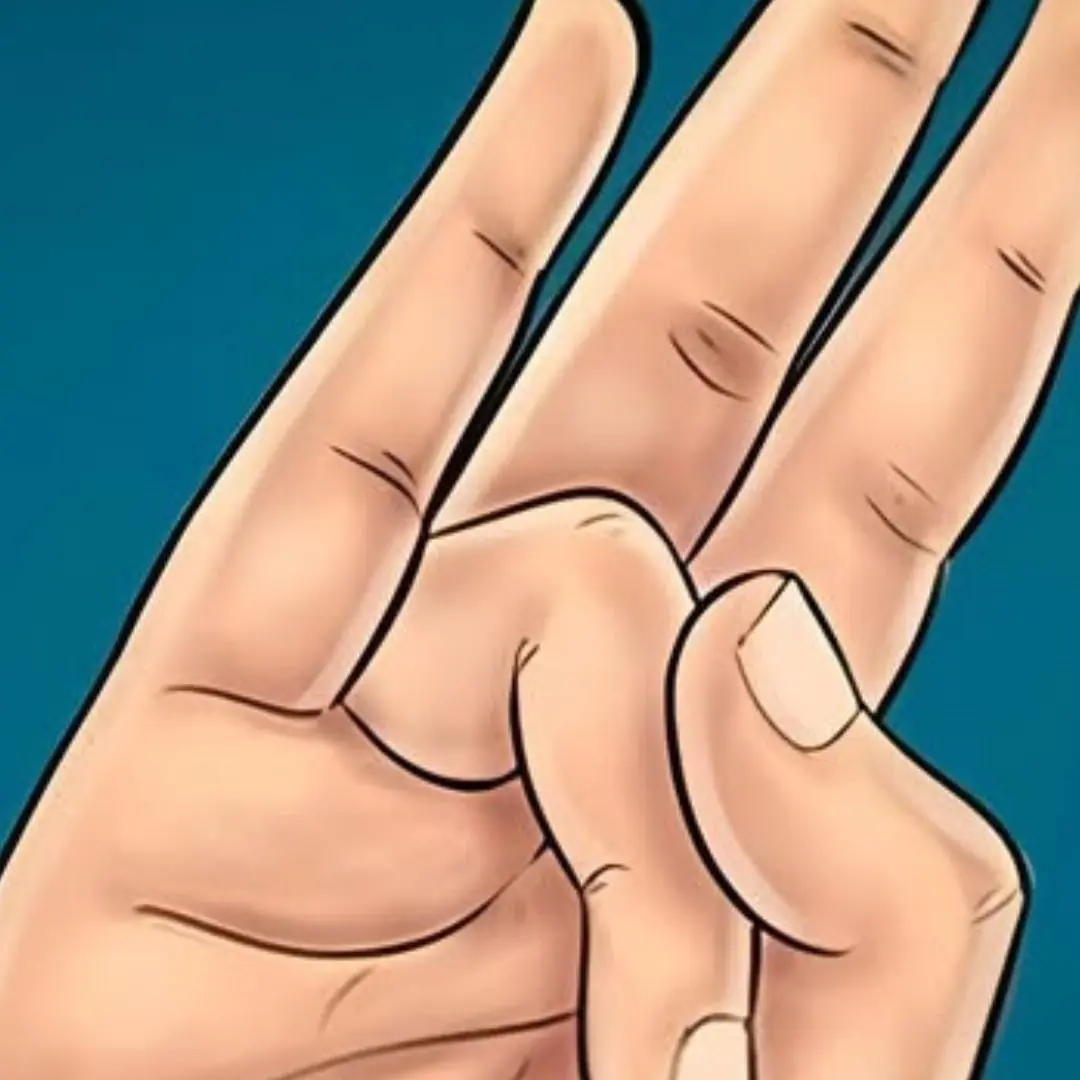
Stretch your ring finger with your thumb and hold it for a few seconds. you'll love the reason!

4 “Can.cer-Causing Culprits” Hiding Quietly in Your Home

Black beans combine these two types of seeds to become a 'miracle drug': Increase collagen production, slow down aging, prolong life 👇 👇

Woman goes to the doctor for indigestion, finds out she has liver can.cer: Doctor panics: "Who eats breakfast like this for 20 years?"

9 foods with natural anti-can.cer prop.erties, eat regularly and can.cer cells will "not have a chance to visit" 👇
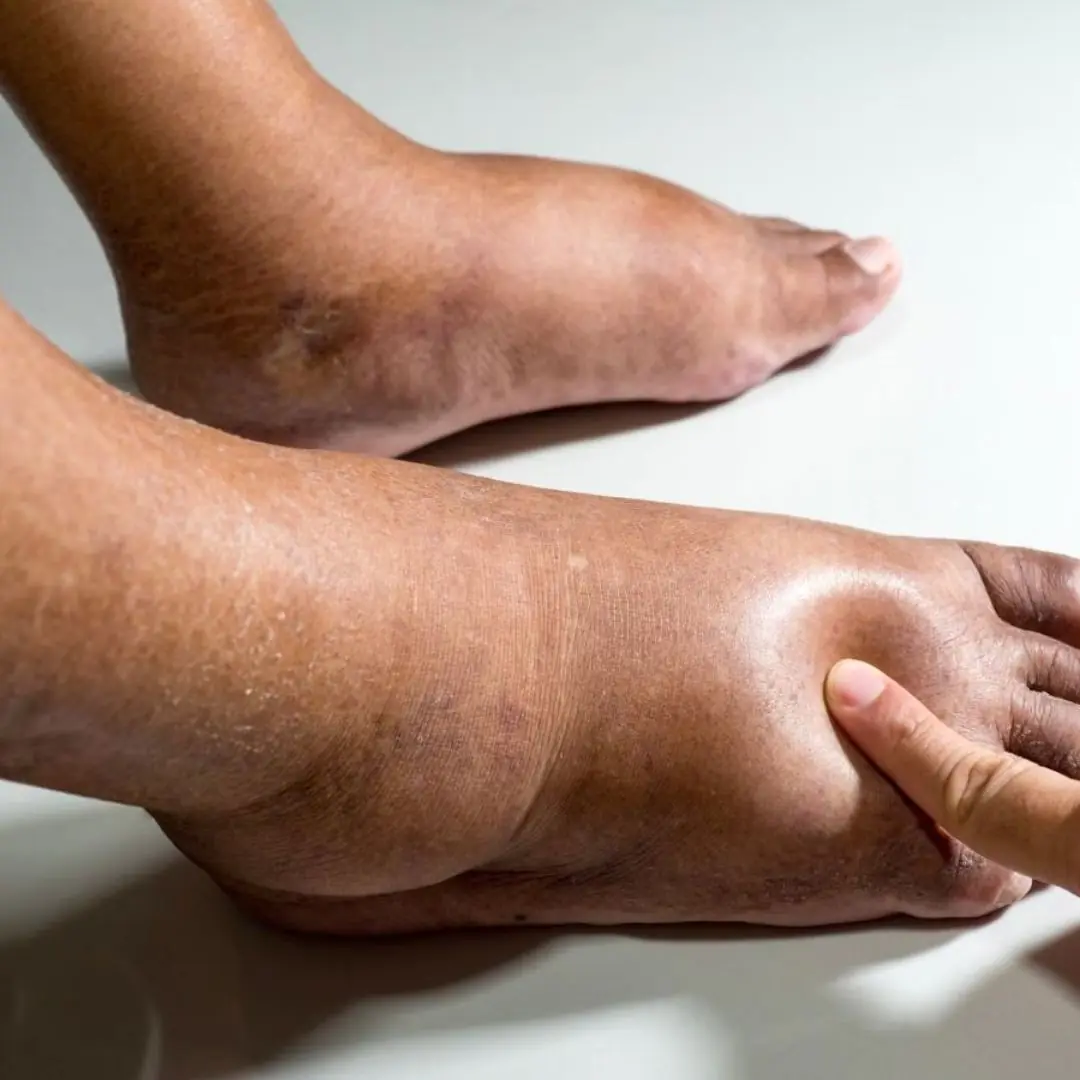
Foods that can ease swelling in hands and feet
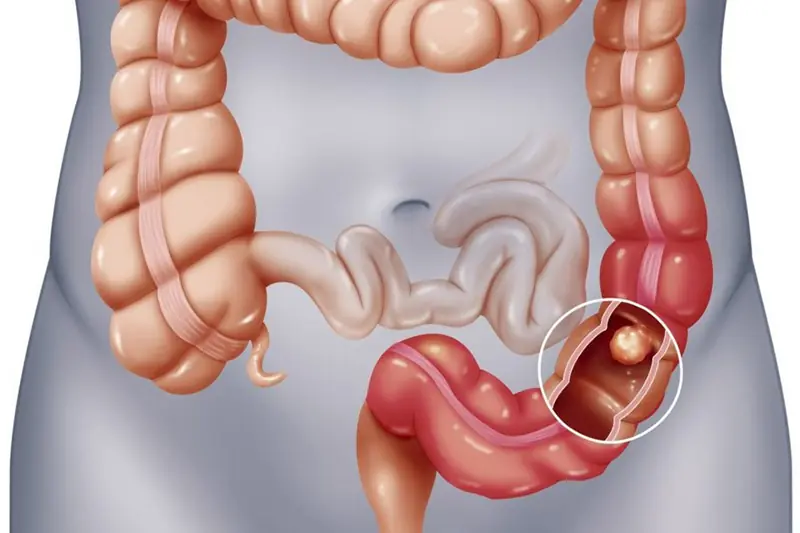
5 signs to help detect colitis early, the first signs of which are often overlooked

6 Foods You Should Never Combine With Honey
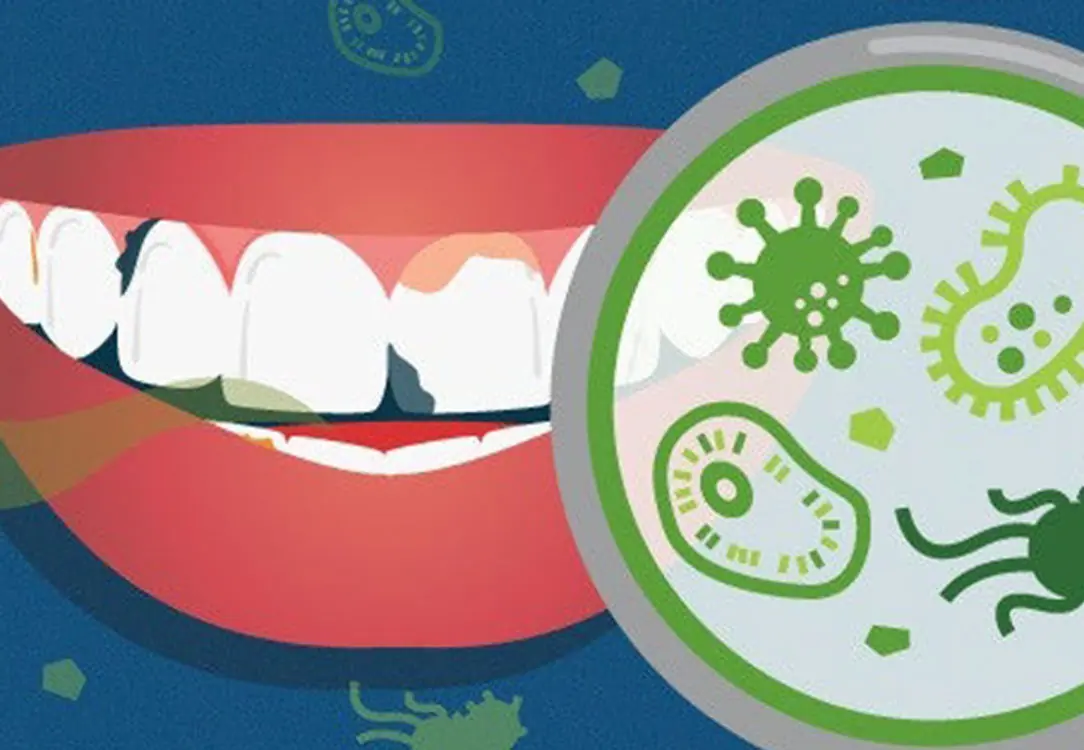
Poor Oral Health Linked to Increased S.troke Risk
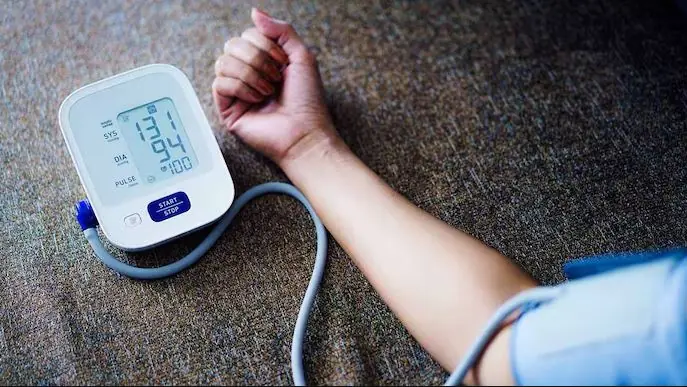
5 Silent Warning Signs of High B.lood Pressure You Should Never Ignore
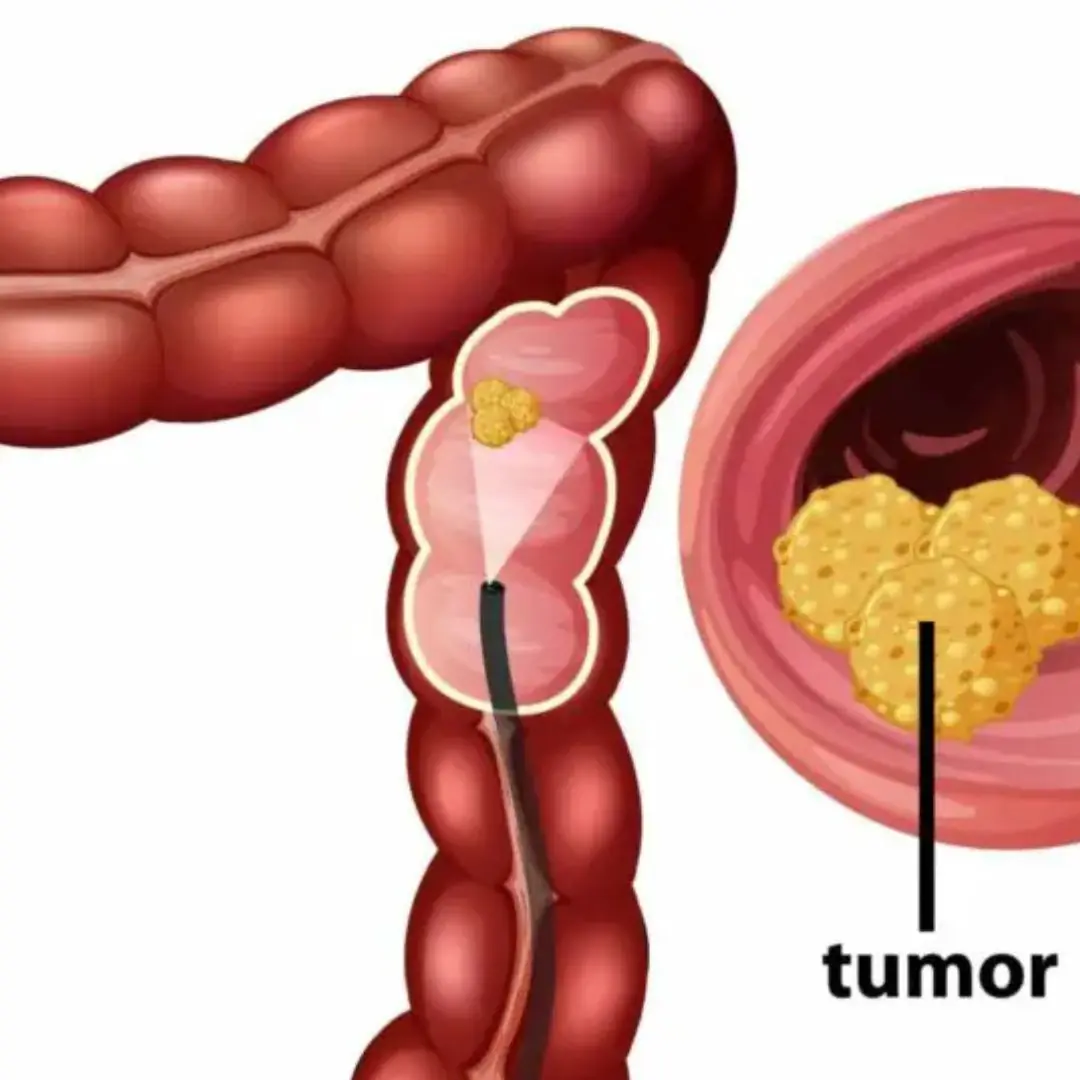
She Spotted These 5 Colon Ca.nc.er Symptoms Early — Here’s What You Should Watch For
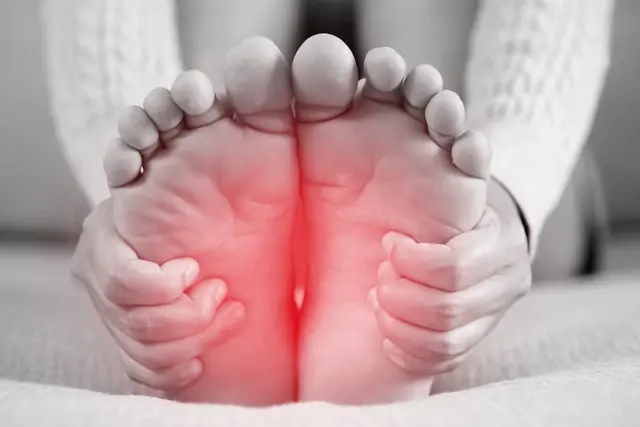
If your feet show these 5 signs, it may be a warning of a serious condition
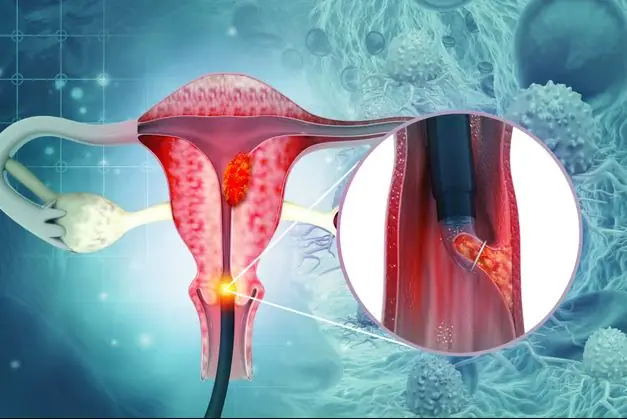
Cervical Can.cer: Are You in a High-Risk Group?
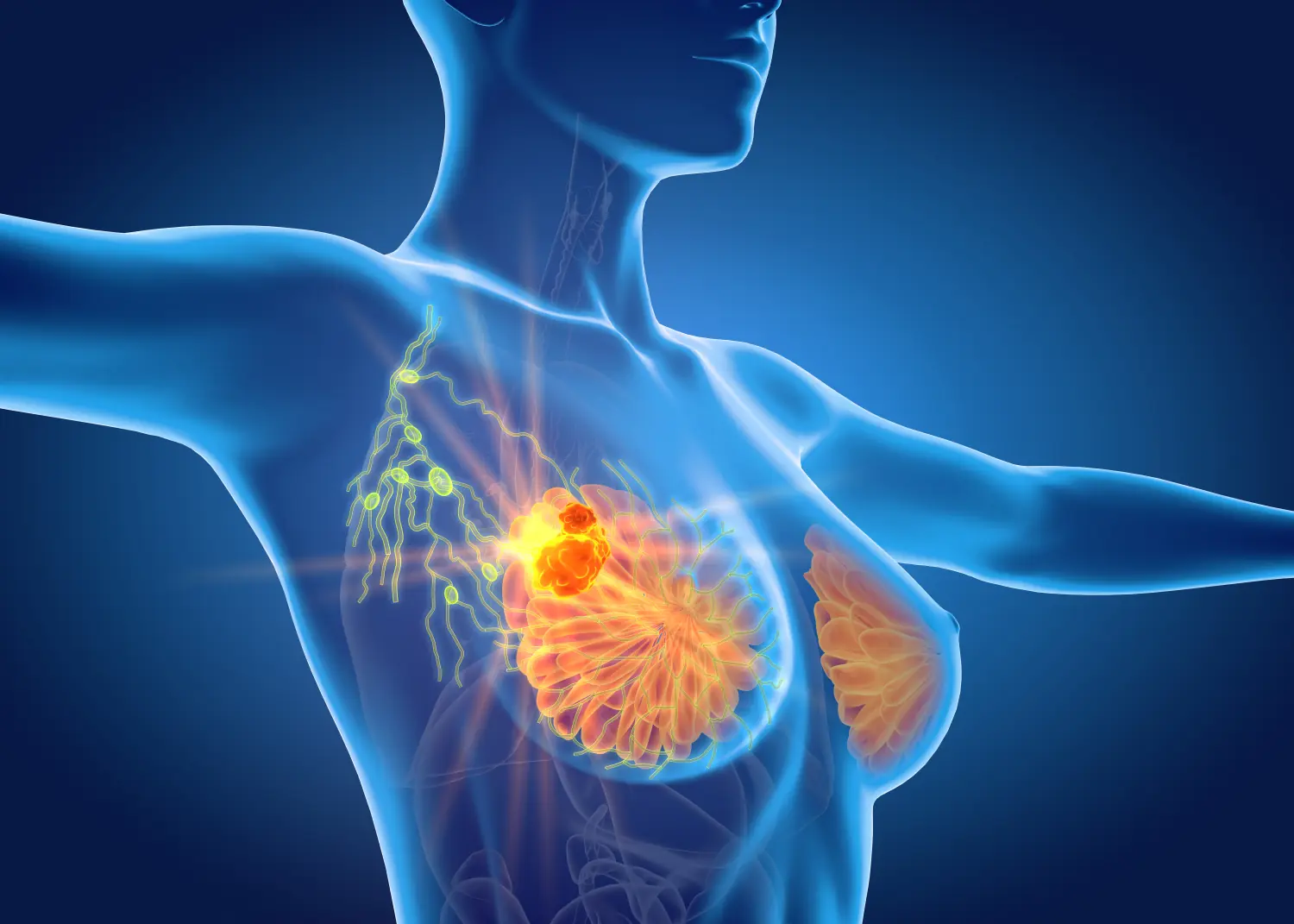
6 Silent Warn.ing Signs of Br.east Can.cer Women Often Miss — Don't Ignore These Signals
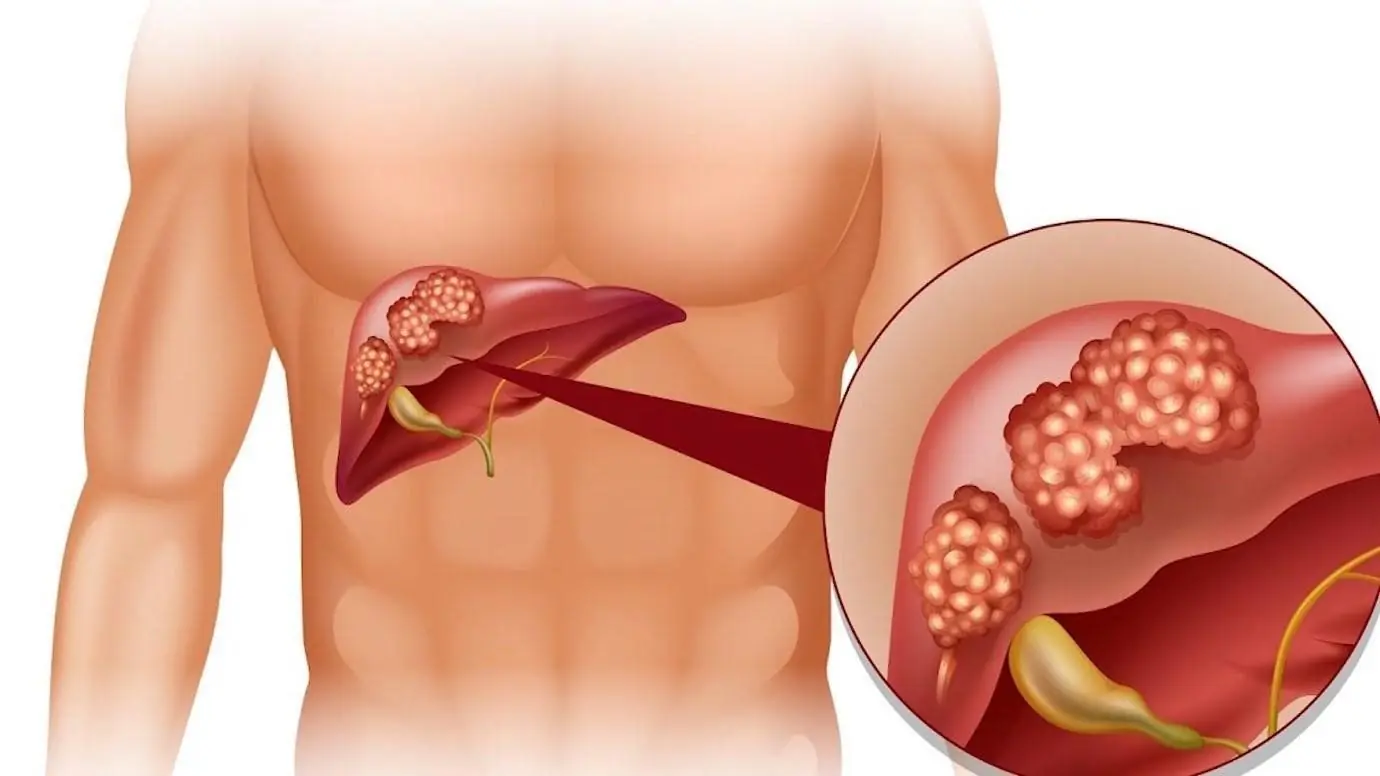
Your Li.ver Is Tired — 7 Hidden Signs You’re Mistaking for “Normal” Stress

The Hidden Mineral Deficiency Behind Your Fatigue, Bloating, and Anxiety

A 38-Year-Old Woman With a Sto.mach Ulcer Never Imagined Her Daily Habit Would Lead to Such Serious Consequences
News Post

Mango Crepe Roll Cake – Soft, Creamy & Dreamy

10 Warning Signs That May Indicate Abnormal Cell Growth in the Body

Fluffy Puff Pastry Cream Tarts with Fresh Berries

German Goulash

A crying child is left unattended with two dogs, and a pet comes to the rescue
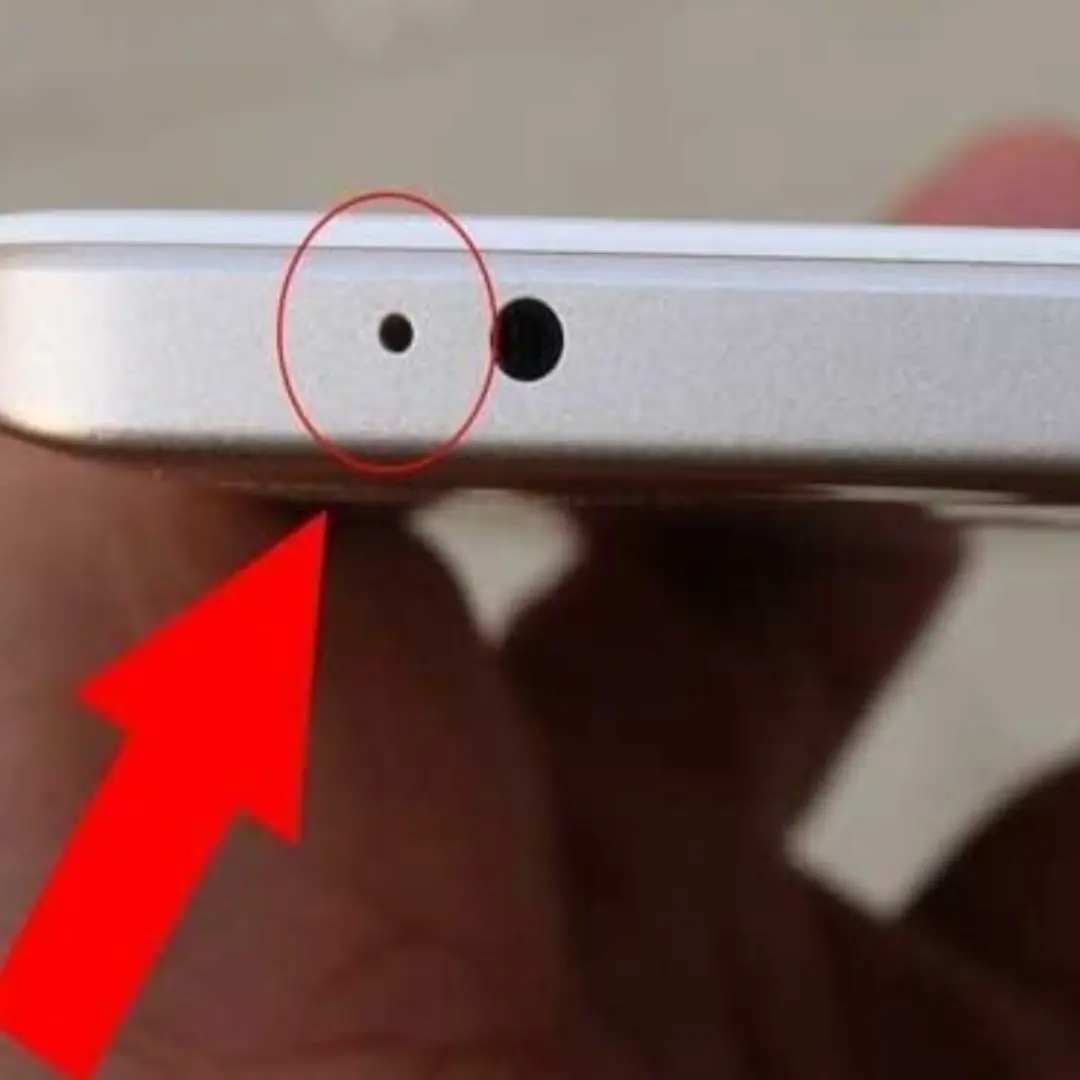
The small round hole in the phone has a very important function

A small child laughs when a dog is chasing him

A Millionaire’s Shocking Discovery about His Housekeeper’s Affection for His Blind Daughter

Embracing Love and Success: A Journey Beyond Expectations

Incredible journey of a 62-year-old mom who gave birth to a healthy son: A story of love and determination

Where did you get this photo?” ivan turned pale, seeing a picture of his missing father

Having caught her husband with a young beauty, the wife didn’t start a brawl; instead, five days later she presented him with an unexpected surprise

8 Ways To Get Rid Of Phlegm And Mucus In Chest And Throat

Grilled Chicken Avocado Salad with Creamy Green Dressing

Fluffy Pancakes with Fresh Berries & Maple Syrup

Banana French Toast – Golden, Fluffy, and Impossible to Resist

Creamy. Dreamy. Steak Perfection in Every Bite

Meatloaf with Italian Sausage
